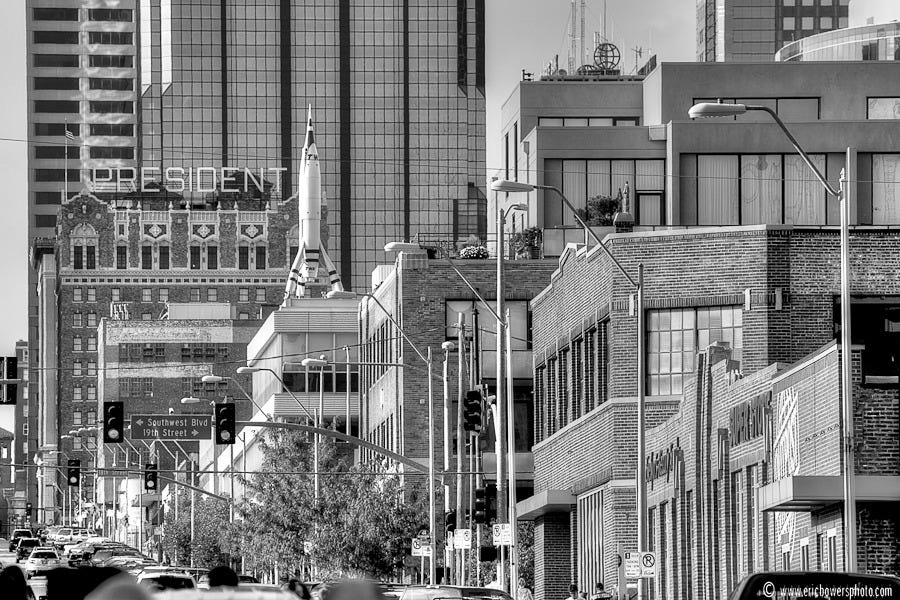Sacred Sidewalks
What urban ministry has taught me about equity and belonging
Breaking Bread, Building Community
When Jesus broke bread at the Last Supper, he didn’t just establish a sacrament.
He modeled a radical vision of community. “This is my body, broken for you,” he said, inviting tax collectors and fishermen, doubters and zealots, to share equally in his presence. Two thousand years later, I’m still learning what it means to live out that table ministry in the heart of a city.
I used to think I understood church. With fifteen years in ministry, I knew how to craft sermons, lead small groups, teach Scripture, and develop strategic plans. But I missed something essential. Church isn’t a place you go. It’s a people you belong to. A communion of saints who see each other across real differences and say, “You are one of us.” That’s what Resurrection Downtown is teaching me.
The Radical Equality of Communion
We’re the only Resurrection location (there are 9 across the Kansas City metro) that offers communion every single week. That’s not a logistical decision; it…




